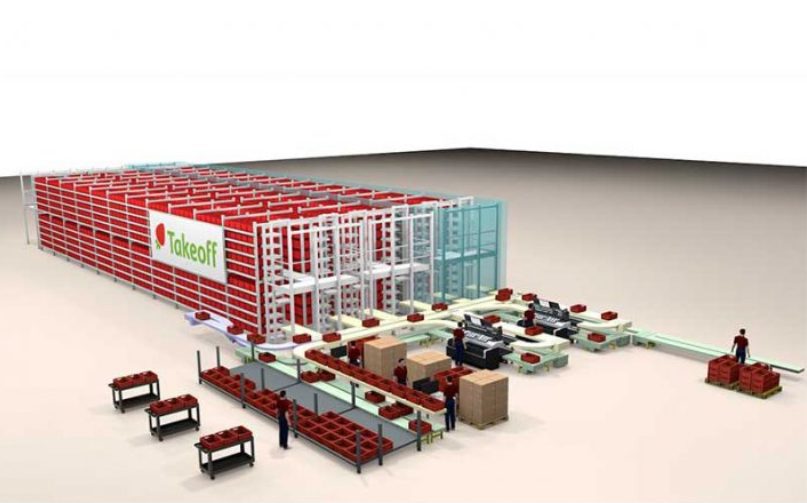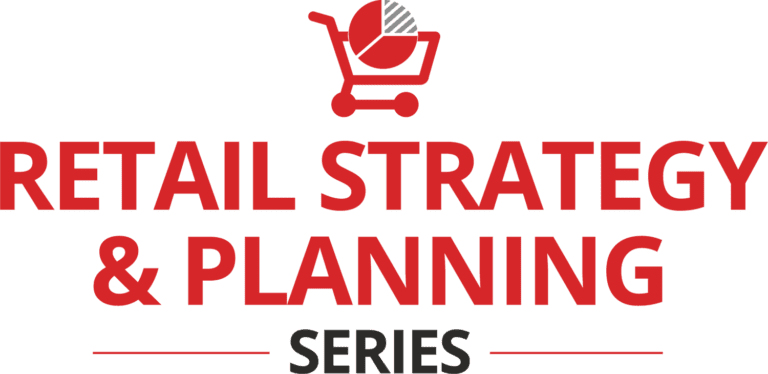Albertsons Cos. has big plans to automate fulfillment for local online grocery orders — and it all begins with a micro-fulfillment pilot concept powered by AI-enabled robots. The grocery giant entered a trial with Takeoff Technologies, unveiling the partnership at the Groceryshop conference in Las Vegas.
Albertsons has not revealed the store where the pilot will take place, and at this point there is no timeline for how long the pilot will last or any indication of further expansion plans.
The process works this way: Albertsons customers enter their grocery orders online or via a mobile device, and the orders are routed to the automated system. Takeoff’s technology then takes over the fulfillment process. The system creates a designated area within an existing store location, typically sized between 6,000 and 10,000 square feet, where the most popular items ordered online are stored.
The AI-enabled robots, working with a system of totes and conveyors, deliver the items to an Albertsons employee who prepares the orders for customers. The system is designed to function at a fraction of the speed and cost of manual picking processes.
Albertsons partnered with Takeoff because its solution is ready for implementation now, according to a company statement. The retailer, which has nearly 2,300 stores in 35 states, operating under banners that include Albertsons, Safeway and Jewel-Osco, noted that Takeoff’s model leverages the existing supply chain and store footprint and is flexible in picking various types of products.
Kroger Moving Into Warehouse-Level Automated Fulfillment
The grocery giant is taking a different approach to online order fulfillment than one of its biggest competitors, Kroger. Kroger is presently expanding its online ordering, automated fulfillment and home delivery capabilities through a partnership with Ocado, a UK-based online grocery retailer.
While Albertsons is bringing its technology into individual stores, Kroger will be focusing on automation within the warehouse. Ocado operates automated warehouses to fulfill online orders, with purpose-built robots capable of picking a 50-item order in minutes. Kroger is expected to begin work on the first three warehouses before the end of this year and expand to 20 locations over the next three years.
“A lot of this will come down to the cost of investment, which is still unclear,” said Neil Saunders, Managing Director at GlobalData Retail in a RetailWire discussion. “However, the Albertsons approach makes more sense to me. First, it makes use of the existing store base. This is good for two reasons. It does not involve any additional capital expenditure on new property. And it sweats an existing asset that is under pressure from declining sales and profit densities. Second, fulfilling from stores is ideal because it means that last-mile delivery is relatively local and, therefore, less expensive.”






